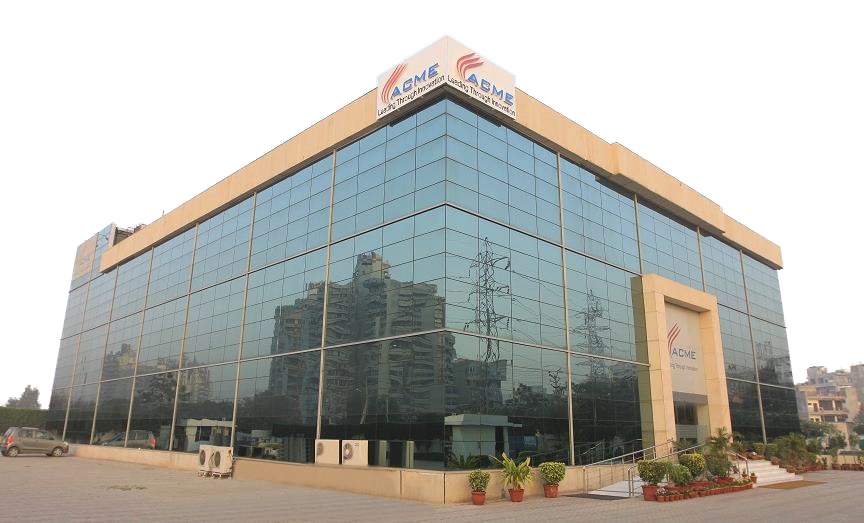Utility-scale project developer, Acme Solar will withdraw from its recently bagged solar PV park projects if the respective state utilities do not cover the 25% safeguard duty imposed on solar cells imported from China and Malaysia.
Notably, in July, Acme Solar won another 600 MW of the 3 GW interstate transmission system (ISTS) PV tender, floated by the Solar Energy Corporation of India (SECI). By winning this project, Acme Solar's Indian PV portfolio exceeded 4.5 GWp, while operational capacity reached 1.7 GWp and 2.8 GWp at different stages of development. Acme won the bid at a tariff of INR 2.44/unit (USD 0.036/unit).
“Bid prices have been lower and lower, and this has been the lowest bid (won by Acme Solar). It is important to note that a bidding price is arrived at after thorough costing only, that is, by taking into account the costs of modules, module procurement, setting up the solar park and connecting to the grid. Thus the lowest price at which power would be generated is arrived at. The question is ‘How low can you go after a bidding?,' said Shekhar Dutt, Director General, Solar Power Developers Association, while speaking to pv magazine about the state of uncertainty in solar projects.
“The dialogue is on with the government departments. All that the developers want is that whatever has been contracted is honoured. Any change afterwards brings in uncertainty. Even financial viability becomes a little less. Honouring the established contractual provisions is for the good of everybody—developers, financial institutions and even for DISCOMs as they have the knowledge that this power is going to be supplied at a taxed price,” continued Dutt.
Imposition of the safeguard duty with immediate effect has put ongoing and new projects in a state of uncertainty. “The impact of the safeguard duty can be split into projects that are under construction—such as the Rewa (Madhya Pradesh) and Bhadla (Rajasthan) solar parks—are for about 2,000-3,000 MW, of which on average about 35-45% is ready,” Shashi Shekhar, Acme Group vice-chairman was quoted as saying by daily Indian newspaper, Mint.
“The panels for these projects are either being manufactured, are ready to be shipped to India or are already in transit. For whatever is en route to India, we will have to pay the safeguard duty upfront at customs. That impact alone is about INR 1.2 billion (US$ 17.5 million). For the rest, we’ve asked manufacturers to cancel our orders.”
Technically, all taxes and duties imposed on developers are passed through to the final buyer of the power, that is, state distribution companies (DISCOMs). However, “The central government hasn’t taken the state governments’ consent on whether they are willing to bear the burden of the safeguard duty,” Shekhar added.
This content is protected by copyright and may not be reused. If you want to cooperate with us and would like to reuse some of our content, please contact: editors@pv-magazine.com.




By submitting this form you agree to pv magazine using your data for the purposes of publishing your comment.
Your personal data will only be disclosed or otherwise transmitted to third parties for the purposes of spam filtering or if this is necessary for technical maintenance of the website. Any other transfer to third parties will not take place unless this is justified on the basis of applicable data protection regulations or if pv magazine is legally obliged to do so.
You may revoke this consent at any time with effect for the future, in which case your personal data will be deleted immediately. Otherwise, your data will be deleted if pv magazine has processed your request or the purpose of data storage is fulfilled.
Further information on data privacy can be found in our Data Protection Policy.